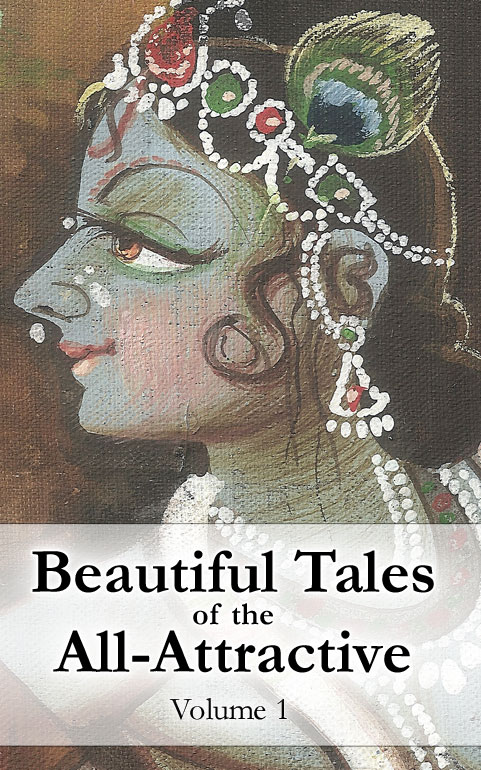1-4

Krishna: They say this world is a Banyan tree whose roots are above and branches below, and whose attractive leaves are promises of enjoyment. He who knows this tree well knows the methods of gaining such enjoyment.
Watered by the three qualities of nature, its branches expand in all directions, upwards and downwards, finally producing buds of enjoyable sense objects. From these branches, roots also fall downwards and find nourishment in the selfish deeds of the mortal world.
The real tree is elsewhere, and this is merely a reflection, with no end, no beginning, and no real substance. This Banyan cannot be uprooted, but it must be tenaciously cut down with the axe of indifference to it.
Once it is felled, you must search out what is beyond it; some place from which no one ever strays. There, finally, seek for that Original Person – the ancient one from whom the true tree grows – and give yourself to him.
Arjuna: How can I succeed in such an amazing quest?
5
Krishna: Be free from the intoxication of honor and cast off your faulty entourage. Dwell always in yourself, and curb down external lusts. Free yourself from dualities like pleasure and displeasure. Then you can attain that foolproof, eternal destination.
Arjuna: Can you say something more about this destination?
6
Krishna: The sun does not shine there, nor the moon, nor fire. In that place from which no one strays, I am the supreme illumination.
33.590355
130.401715






